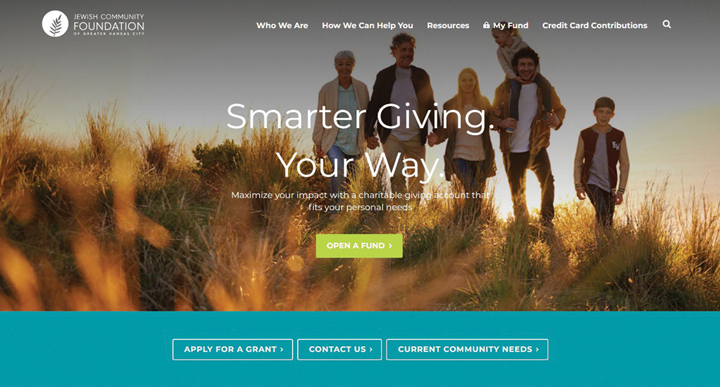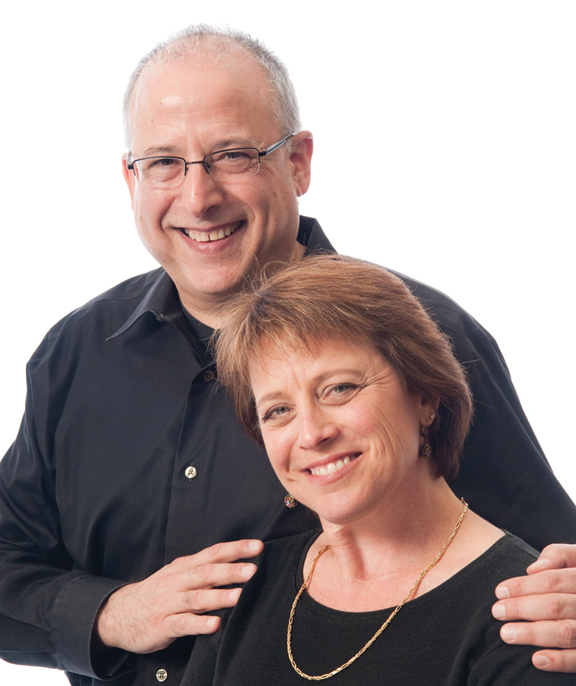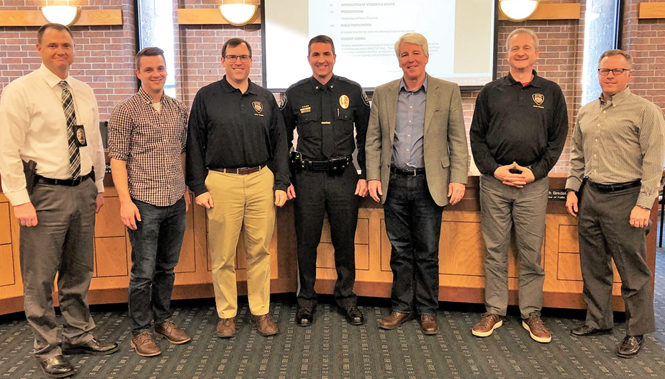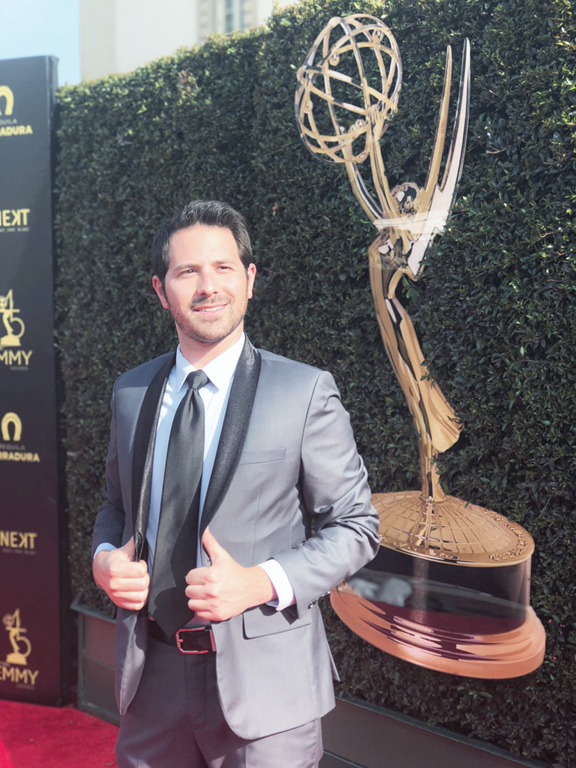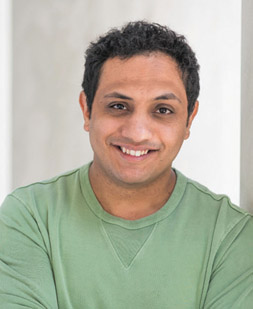
Mohammed Al Samawi arrived in the United States almost three years ago.
But the journey it took to get from his native Yemen to San Francisco is the stuff movies are made of — which is good for him, since his memoir, “The Fox Hunt,” has already been acquired for a motion picture.
Al Samawi will be sharing his story while making a visit to Kansas City. Al Samawi will be speaking at 7 p.m. on Tuesday, May 29, in the Lewis & Shirley White Theatre at the Jewish Community Campus. His appearance is sponsored by the Jewish Community Relations Bureau|American-Jewish Committee. The presentation is free and open to the public.
Growing up Muslim in Yemen’s capital of Sana’a, Al Samawi shifted from believing Jews and Christians were his enemy to kindling an interest in interfaith work, and then receiving terrifying death threats online and by phone. He fled from his home to Aden, which would become the heart of a sectional civil war. By using social media, Al Samari found his way out of the country with just the clothes on his back.
Al Samawi was reluctant to share his story when he first came to the United States.
“I wanted to live another life where I don’t think anything about it, so my biggest dream was working with Starbucks and I thought to myself, ‘This is the life I want to have,’” he said. “But the more I was telling the story, the more people were inspired and the more people were affected.”
Writing “The Fox Hunt” provided an outlet for Al Samawi to explore his feelings. He had been having trouble sleeping and had a fear of beards because they reminded him of the men who could have killed him. Writing the book, Al Samawi said, was good “therapy.”
Al Samawi’s interest in interfaith work started when he was 23 and received a Bible from a teacher from England he met, who swapped it for a Quran.
“When I was first reading the Bible, I was trying to find mistakes,” Al Samawi said. “I was trying to find things I can say, ‘Aha! My book, Quran, is much better than this book.’ That was the first thing I was looking for. But then I discovered something else.”
His interfaith passion is also strongly tied with social media. Facebook came to Al Samawi’s aid when he most needed it. Indeed, Facebook connections literally saved his life.
“When I first tried to use Facebook, I was trying to reach Jews, to ask questions about why do you hate us and why do you want to kill us,” Al Samari said.
“Facebook was the first window for me that I can see the other world, I can hear the other world,” he said. “And also on the other hand, Facebook is the window that opened the faith activities I was doing. I was doing faith activities online and then from Facebook also I asked people to help me out.”
Al Samari went to interfaith summits and conferences — including AJC’s Muslim Jewish Conference in Bosnia — and made connections online from those events. Those connections aided him as he sought help while trapped in his apartment in war-torn Aden.
For Al Samari, the key to everything he’s been through is having faith all will work out in the end.
Al Samari has not returned to Yemen since he escaped, but works with organizations like nonprofit The Yemen Peace Project to educate others about the country’s ongoing and worsening war.
He hopes his story will inspire others to learn about those who are different from them and find common ground.
“Unfortunately, we live in a small circle where we only learn stereotypes,” said Al Samawi. He wants others to realize how similar Islam and Judaism are when the spotlight is removed from stereotypes and negative media attention. “I’m trying to focus now on the positive and how we can come together.”
His story serves as a reminder of the importance of helping others, said Marcia Bronstein, regional director of AJC Philadelphia/Southern New Jersey.
“When we see individuals as human beings and we look at all the things we have in common, we can see ourselves in all those people,” Bronstein said. “The struggle in Yemen is not unlike the struggle so many of our forefathers had in Europe, just trying to get out, or in the Holocaust, just trying to find safe passage. And it’s through the help and kindness of strangers who extend a hand that all of us are lifted up, and that’s what Mohammed’s story reminds us of.”
(This article originally appeared in the Jewish Exponent and is reprinted by permission.)




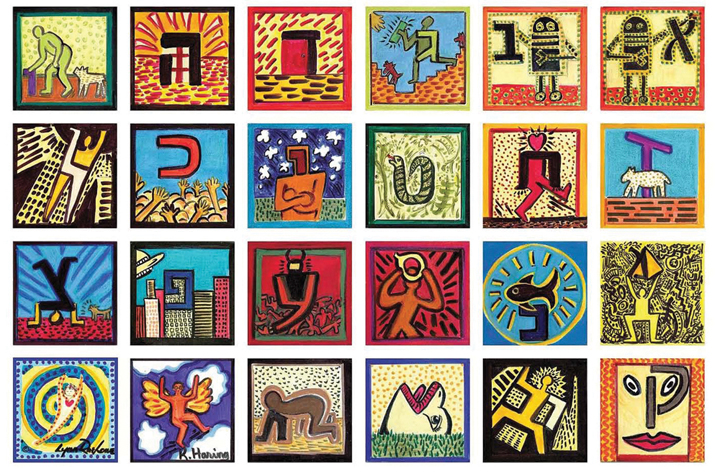
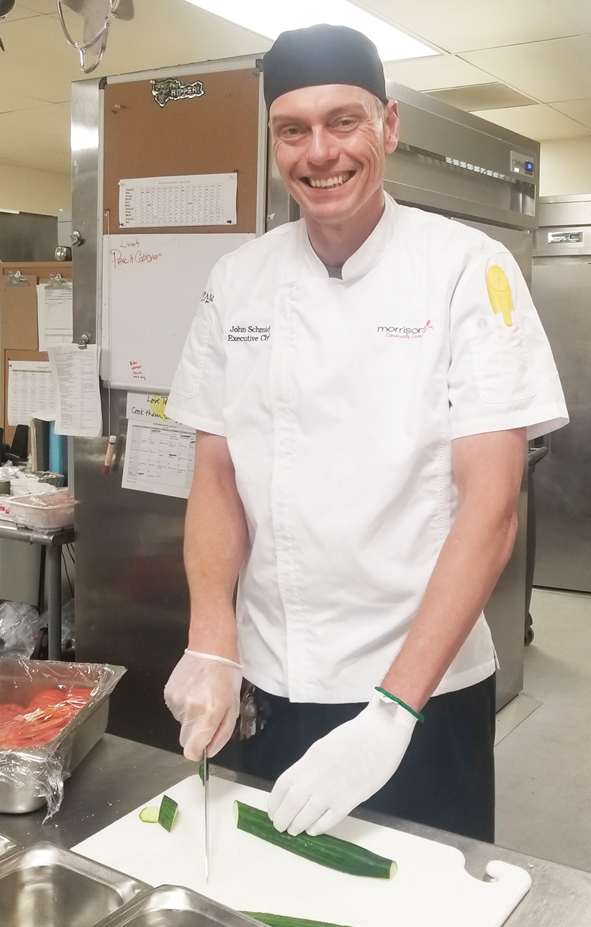 Chef John Schmidt cooked up a storm as a semifinalist in a national “Food Fight” competition on May 23 in Buffalo, New York. He received high marks from the judges but not enough to qualify for the final round.
Chef John Schmidt cooked up a storm as a semifinalist in a national “Food Fight” competition on May 23 in Buffalo, New York. He received high marks from the judges but not enough to qualify for the final round.